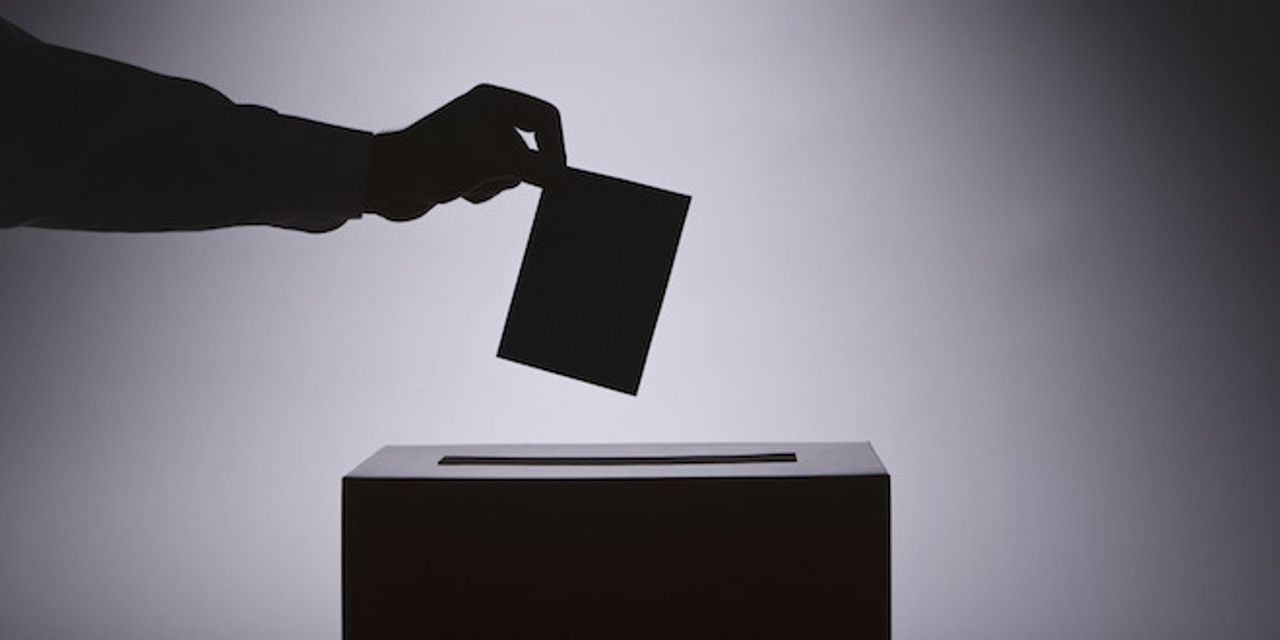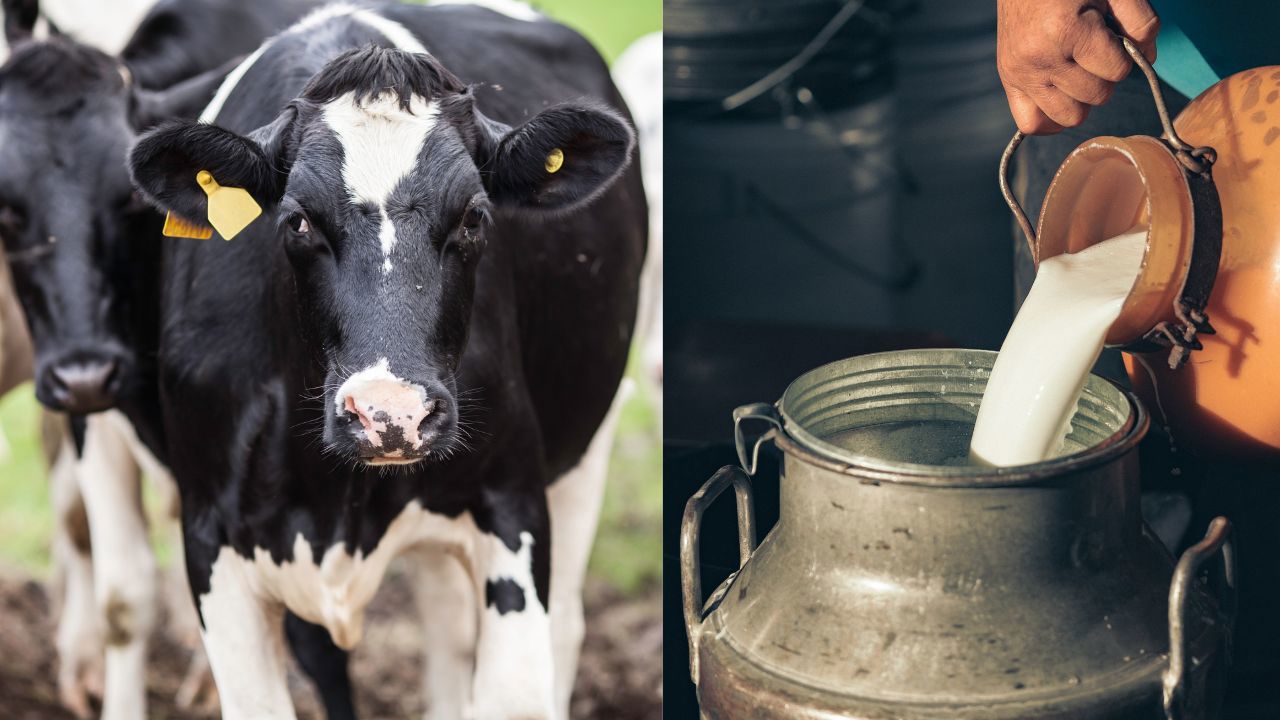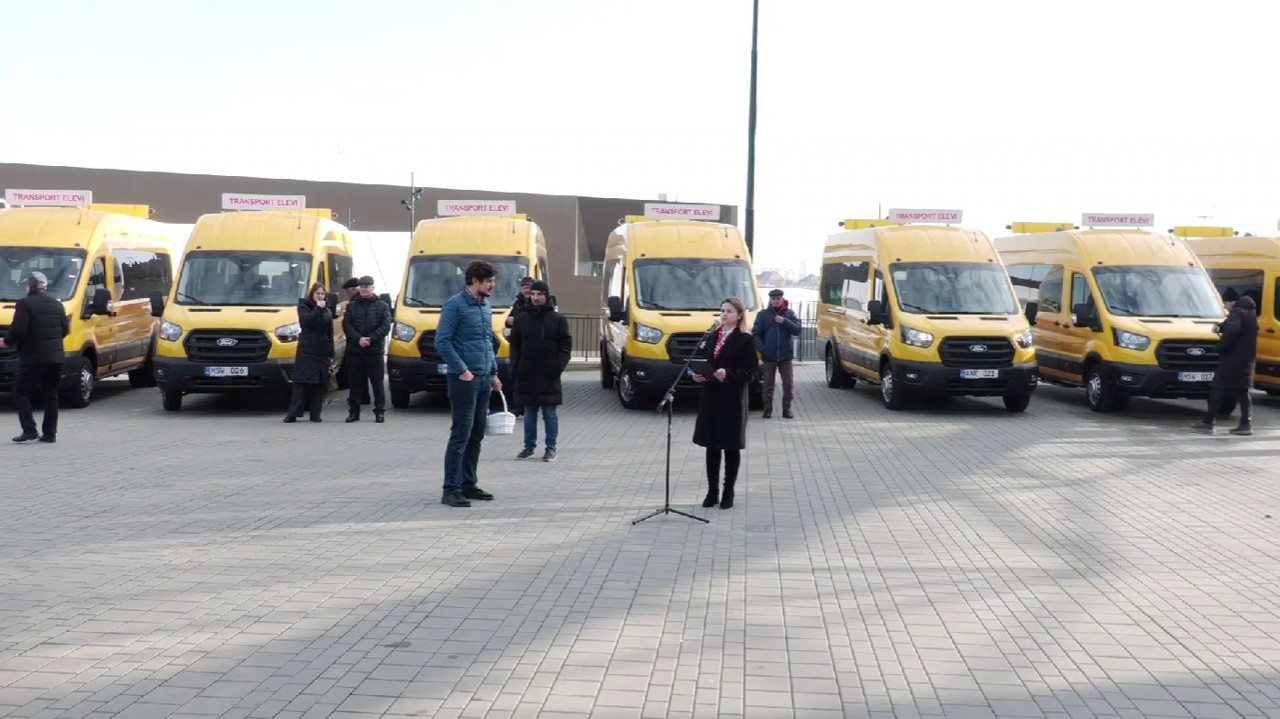Putin seeks to boost support in Moldova with polling stations
Russia has requested permission from Moldova to open polling stations in the country for the upcoming Russian presidential election in March. The Moldovan government is currently considering the request.

The Russian Embassy in Chisinau said in a Telegram message that it sent the request in November 2023. The embassy said it is hoping for a positive response from Moldova so that it can provide Russians living in the country the opportunity to vote for their president.
Moldova's government is still reviewing the request.
"Russia and elections, they're asking for land too," said Igor Grosu, the speaker of the Moldovan parliament. "Yes, they made a request to us. We will analyse very carefully what they requested and we will make a decision. We are a party to international diplomatic conventions that say that states have the right to open polling stations in their embassies."
Moldova's legislation does not contain any restrictions on the holding of elections or the opening of polling stations by foreign diplomatic missions. At the 2021 Russian elections for the State Duma, before the invasion of Ukraine, Russia opened 30 polling stations in Moldova, 27 of them in the territory controlled by the separatist authorities in Tiraspol, without the consent of Chisinau.
"The request is under review, and a response will be provided within a reasonable timeframe. Moldova has never given its consent for the opening of polling stations in localities outside the control of the constitutional authorities," said Igor Zaharov, a spokesman for the Moldovan Foreign Ministry.
The issue has divided public opinion in Moldova. Some people believe that Chisinau should not allow an aggressor state to open polling stations in Moldova, while others believe that Russians living in the country should be guaranteed the right to vote.
"Absurd. Absurd. We have our history, they have theirs, and if we look deeper into our history, we see that they have always pressured us," said one Moldovan citizen.
"It shouldn't happen," said another. "The authorities should take urgent measures."
"Why not? Everyone has the right to express their vote as a citizen, regardless of nationality," said a third.
"Every citizen has the right to vote, and I believe that everyone should vote, regardless of where they are," said a fourth.
"I think a small percentage of the population will vote," said a fifth.
The Russian presidential election is scheduled to take place on March 15-17. Vladimir Putin has been in power in Russia since 1999 and is seeking a fifth term. The Kremlin has announced that it will also hold elections in the occupied territories in eastern and southern Ukraine. Kyiv has declared that it will not recognize the voting for the Russian president in Luhansk, Donetsk, Zaporizhia, and Kherson, as well as Crimea, calling on the international community to sanction those who will be involved in organising the election.
Translation by Iurie Tataru




